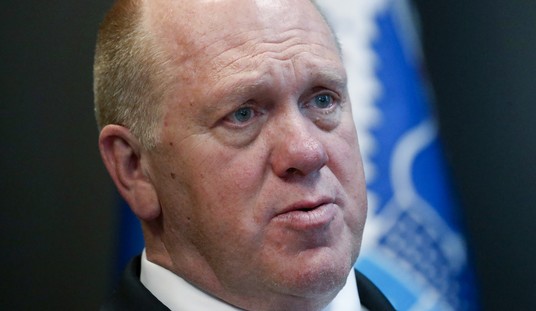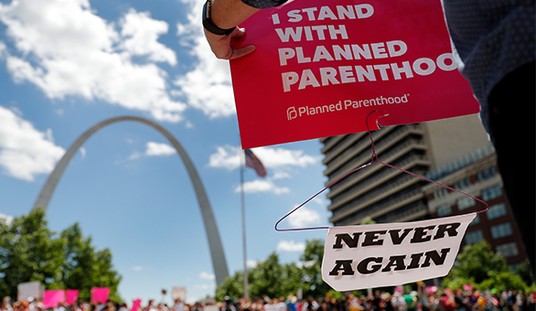
If you haven’t heard, the city of SeaTac, Washington (a city of roughly 27,000) is jacking up its minimum wage to $15 an hour. It was the result of a union-funded campaign and, as forewarning to employers, if it hasn’t already, it is something that is likely coming to a city near you.
As unions have found it difficult to unionize more employers the traditional way, they have turned to alternative strategies, including Worker Centers and the fight to increase the minimum wage.
In November 2013, the minimum wage measure was initially passed by SeatTac voters. However, after it was challenged by Alaska Airlines, it was voted on again and when all the votes were counted, it won by only 77 votes.
Nevertheless, as a battle ensues in court delaying its implementation, a salient point is stated in this National Law Review post by attorney Byron P. O’Connor.
It is a point that employers in other cities should make note of:
….Garnering national media attention, the new SeaTac, Washington, ordinance imposing a $15 minimum wage presents unions’ new blueprint to unionize non-union employers or, at least, to increase their costs of doing business, which benefits other, unionized, employers.
After the most expensive per-vote-earned election in Washington history and a hand recount, SeaTac voters approved Proposition One by 77 votes (50.6 per- cent to 49.4 percent) in 2013. Labor unions, including Unite Here, Service Employees International Union and the Teamsters, initiated and financially supported the ordinance. The union-led campaign raised more than $1.4 million; the business-led opponents raised less than half that amount. The ordinance took effect on January 1, 2014, and has been subject to legal challenge ever since.
The ordinance mandates a $15-per-hour minimum for workers at SeaTac International Airport and airport-related businesses outside of the airport (including hotels with more than 100 rooms, airline service contractors and rental car companies). Additionally, it requires that businesses provide 6.5 days of paid sick leave a year to full-time employees, that businesses offer additional hours to part-time employees before hiring more workers, that tips and service charges be allocated only to certain employees, and that successor employers retain the predecessor’s employees for at least 90 days after an ownership change (this is to limit the new employer’s ability to set initial terms and conditions of employment following a purchase or an owner- ship change). [Emphasis added.]
Unions, by their structure, have full-time lobbyists and campaign organizers who are employed to facilitate unions’ agendas. The vast number of employers—especially small businesses who are most affected by measures that unions push—do not have the same capacity to match union funds or personnel.
However, they can become more educated as to what is happening at the local, state and national levels.
Today, employers are constantly being demonized by unions, the Left establishment, as well as the Obama administration. Until employers become more engaged in local, state and national politics, unions will continue to attack their ability to create jobs at all levels.
_____________________
“Truth isn’t mean. It’s truth.”
Andrew Breitbart (1969-2012)
Cross-posted on LaborUnionReport.com.












Join the conversation as a VIP Member